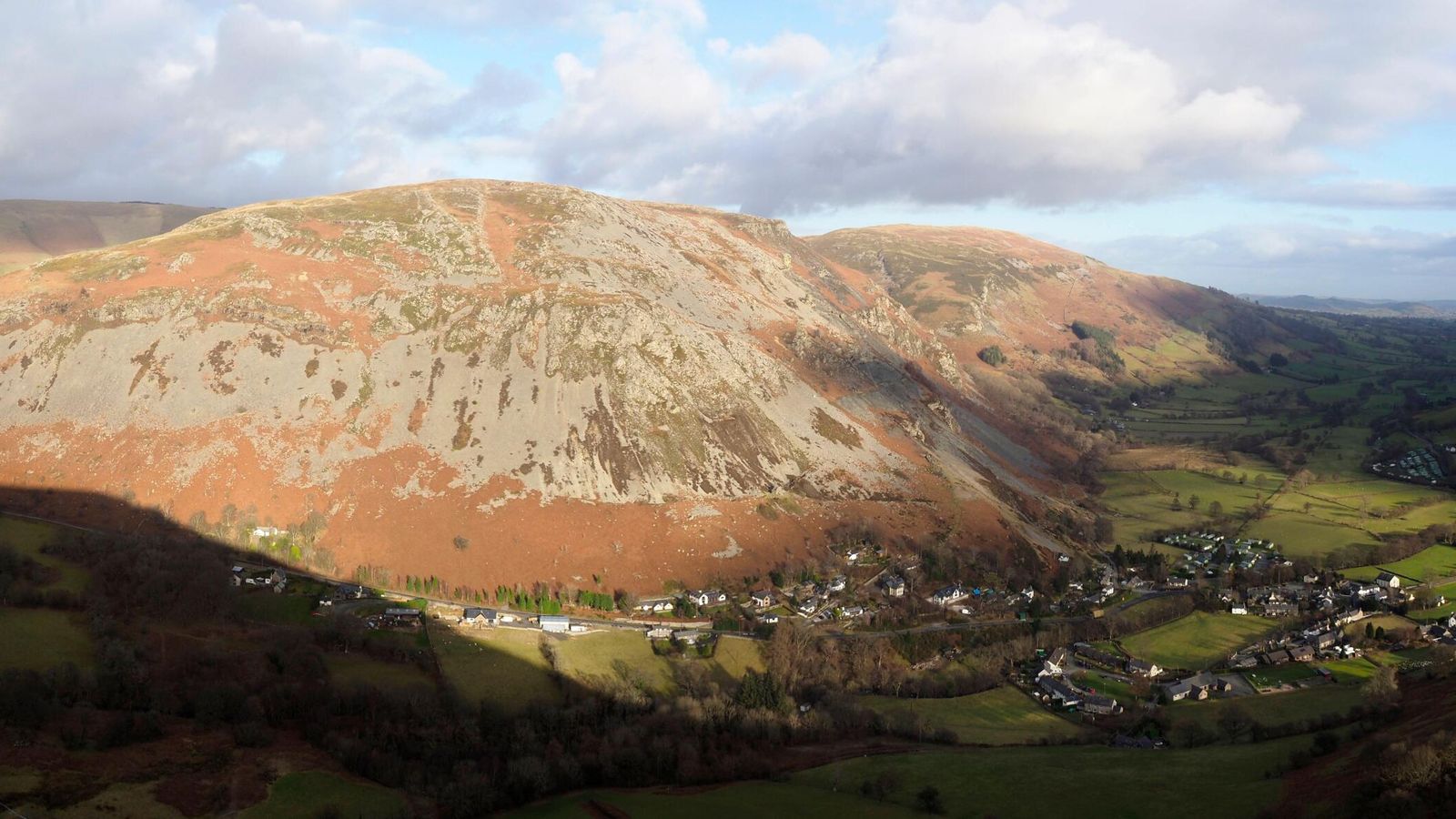Some of the oldest fossils of “complex life” in the world have been found in a quarry in Wales.
It is the first time such fossils have been precisely dated by scientists.
The research shines a light on a key moment in Earth’s history, when the seas became full of new forms of life.
For four billion years, they were filled with only single-celled microbes.
The fossils were discovered in Coed Cochion Quarry in Carmarthenshire, which is deemed a site of special scientific interest.
The study has been led by a team at Curtin University in Perth, Australia.
PhD student Anthony Clarke is part of the Timescales of Mineral Systems Group and is the paper’s lead author.
S4C: Welsh broadcaster’s chairman to exit after chief executive sacked
Llanelli wants to become Wales’ eighth city
Wales’s Louis Rees-Zammit quits rugby to join NFL ahead of Six Nations
He said researchers used volcanic ash layers to determine the fossils’ age.
“We used outfall from an ancient volcano that blanketed the animals as a time marker to accurately date the fossils to 565 million years, accurate down to 0.1 per cent,” Mr Clarke said.
Read more from Sky News:
Rise in tobacco duty pushes inflation to 4%
Football pundit ‘scared to go out’ after insults
Undercover officers lure luxury watch thieves into trap
Be the first to get Breaking News
Install the Sky News app for free
Similar fossils have been found at sites around the world, including in Australia.
“Dating the fossils identifies them as being part of an ancient living community that developed as Earth thawed out from a global ice age,” he added.
“These creatures would in some ways resemble modern day marine species such as jellyfish, yet in other ways be bizarre and unfamiliar.”








